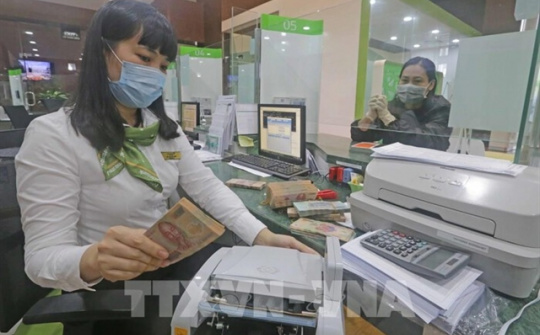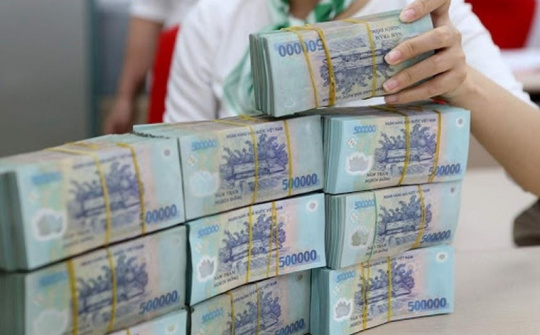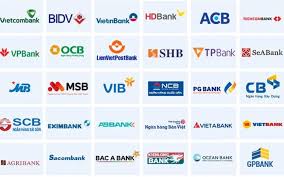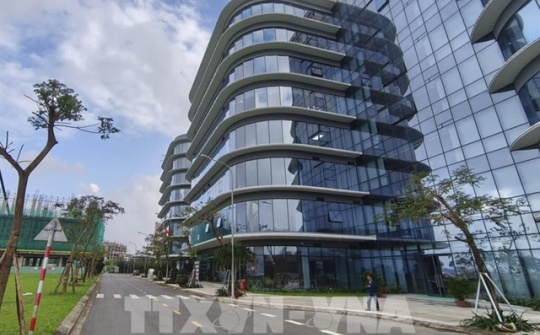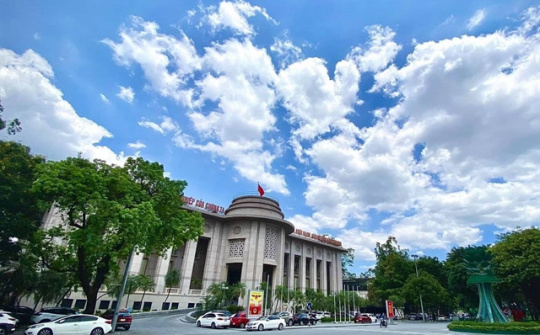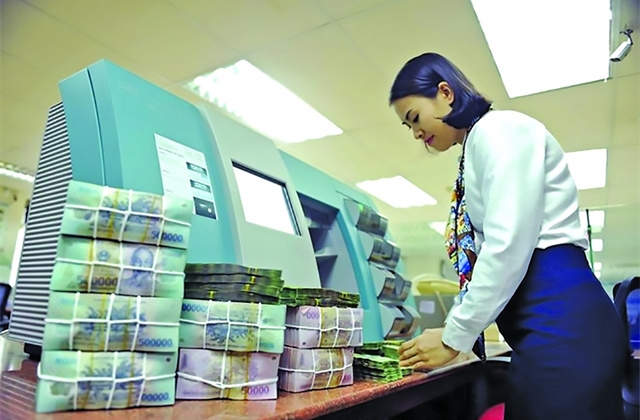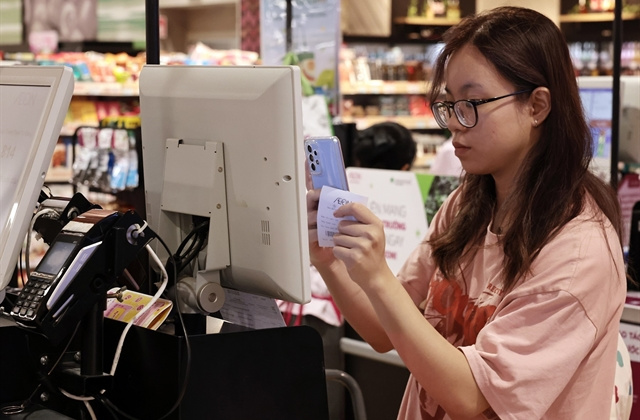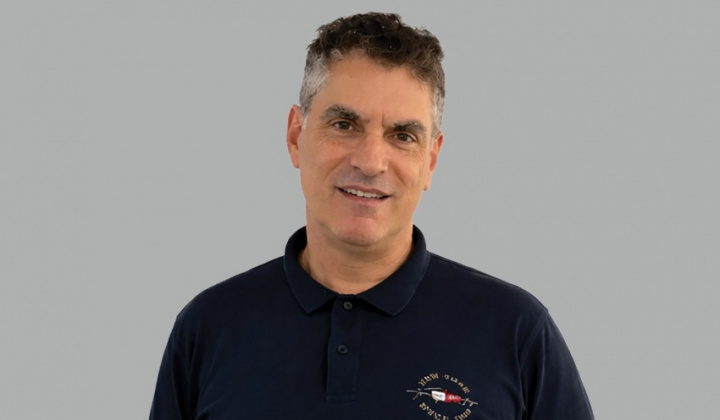Banks with strong and loyal corporate customers, including Techcombank, Military Bank (MB) and Vietcombank, continue to lead the sector in CASA (Current Account Savings Account) ratios, according to VPBank Securities (VPBankS).
CASA is a demand deposit and offers very low interest rates. Overall, the banking system’s CASA ratio reached 20.3 per cent, recovering from the bottom of 17.6 per cent recorded in the first quarter of 2023.
The competition among banks to attract stable CASA sources, particularly from individual customers, has intensified. Many new products and initiatives, including the auto-earning feature, which allows accounts to automatically generate daily profits from idle money, are being introduced to entice customers.

Clients at Vietcombank bank in Hà Nội.
The banks are also pushing out promotions to attract new customers. Recently, Techcombank sponsored the vibrant Anh Trai Vượt Ngàn Chông Gai 2024 (Call Me By Fire) programme to boost deposits and attract younger customers.
MB bank maintained a CASA ratio of 36.7 per cent, with a balanced contribution from individual and corporate clients. With a large customer base and transactions via digital channels, MB can save on input capital costs and significantly enhance business efficiency.
With a large number of regular individual customers, Vietcombank, MB, Techcombank, MSB and Vietinbank will continue to leverage extensive networks, digitalisation efforts and ecosystem advantages to maintain abundant funding sources and competitive capital costs.
Meanwhile, retail-focused banks like VPBank and VIB maintain CASA levels between 15 to 17 per cent.
VPBankS emphasised the growing importance of CASA for the Cost of Funds (COF) in the coming years. As a result, banks are expected to invest more heavily in technology to better serve retail customers and ensure customer loyalty in using their accounts for primary transactions.
Looking ahead to 2025, CASA growth is expected to depend on factors including low interest rates, an improving economy and strengthened financial health of businesses and individuals. However, the recovery process will take time, and CASA is unlikely to return to its peak levels of late 2021.


